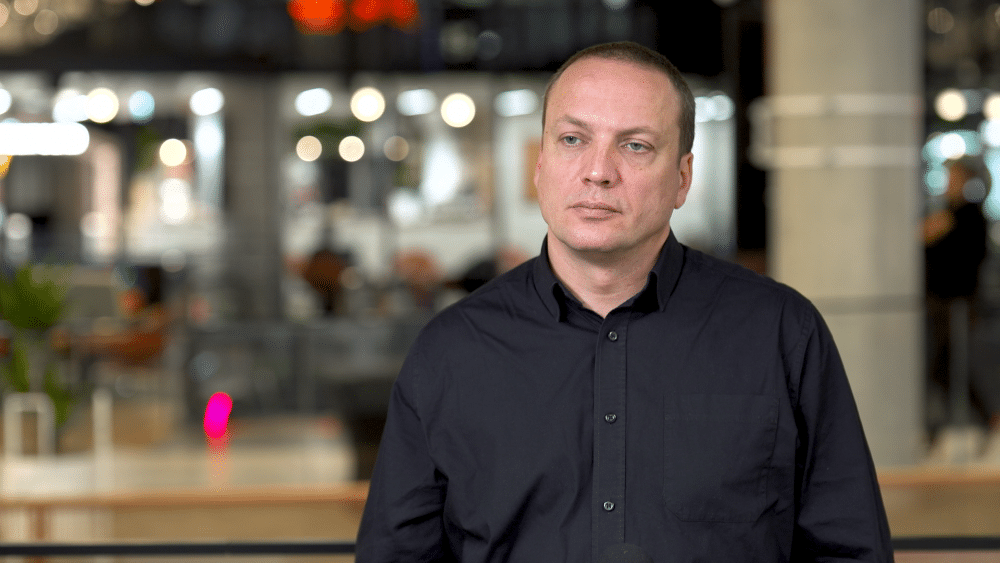A software developed by a Polish company enables the optimization of combustion engine parameters. This results in a significant reduction in fuel consumption and an improvement in engine lifespan. Although the effects are most visible in trucks, this solution can also be applied to passenger cars. Apart from saving on fuel and servicing, combustion optimization also has an environmental impact.
“We reduce fuel consumption by about 1.5 liters per 100 kilometers. This allows for significant financial savings for the fleet owner. If a car uses 1.5 liters less per 100 kilometers, considering an average truck that travels on both Polish and European roads, that is usually around 10,000 kilometers. For such a route, the saving is 150 liters” – says Anna Dajka, Director of TechTIR, in an interview with the Newseria Innowacje agency.
Fuel consumption reduction is achieved by optimizing engine performance. TechTIR software examines the parameters and adjusts the settings of the onboard computer to make combustion as efficient as possible. This process is similar to chip tuning.
“This is done in a completely non-invasive way. Our modification involves extracting 100% data from the engine controller, looking at how this engine was arranged, balanced and how the cylinders were balanced. Then we precisely adjust the sliders in this software to perfectly match the given engine. This allows us to achieve an effect where the fuel delivered to the combustion chamber is almost 100% consumed, although it never burns in 100%. By approaching this value, we have a clear exhaust and we provided the most energy to the engine “– explains Bartosz Woźnikowski, Technical Director at TechTIR.
Reduced fuel consumption is achieved from one side by maximizing engine efficiency, and from the other – by enforcing the engine to operate at the lowest possible rotation with the best matched fuel dose. This allows to reduce the working speed of the engine, which means fewer doses of mixture that the valves have to inject into the combustion chamber to perform the same work.
“When the engine works at a speed of 1.1-1.2 thousand rpm instead of 1.5 thousand, we inject the same dose of fuel not 1.5 thousand times per minute, but 1.2 thousand times per minute, as a result during a route driven by a car, we end up with much less fuel,” adds Bartosz Woźnikowski.
In addition to savings from reduced fuel consumption, another benefit is the extension of the life of the drive unit. Lower rotation speed means less friction in the cylinders, which significantly delays the time when the engine will need repair. Although the most visible effects are achieved in trucks, the creators insure that a similar modification can also be done in smaller cars.
“We also make our modifications in the case of passenger cars or vans. In the case of trucks, the effects of this modification are the most spectacular. Considering their fuel consumption, which is around 30 l per 100 km, we can very much notice this effect of savings in terms of finance and environment. In passenger cars, the effects are more spectacular when we consider, for example, a fleet of taxis or couriers, or any other,” emphasizes Anna Dajka.
“There are no restrictions here when it comes to the age of the vehicle or the mileage. By modifying the software and ensuring that the engine operates under the most ideal parameters, we lessen the wear and tear of the engine. The rpm lowers, which means there are fewer frictions in the cylinder. This makes the component age and wear slower. It doesn’t matter as much whether the car has driven 1 million km or 200,000.” adds Bartosz Woźnikowski.
The creators announce that the technology will be adapted in the future to be used in agricultural and construction machines. Today, the company “tunes” trucks participating in rallies, including the Dakar or Rally of Morocco. In 2023, a Polish-Czech team supported by TechTIR won the World Vice Championship. The team also participates in the Dakar 2024 rally, which starts on January 5.
